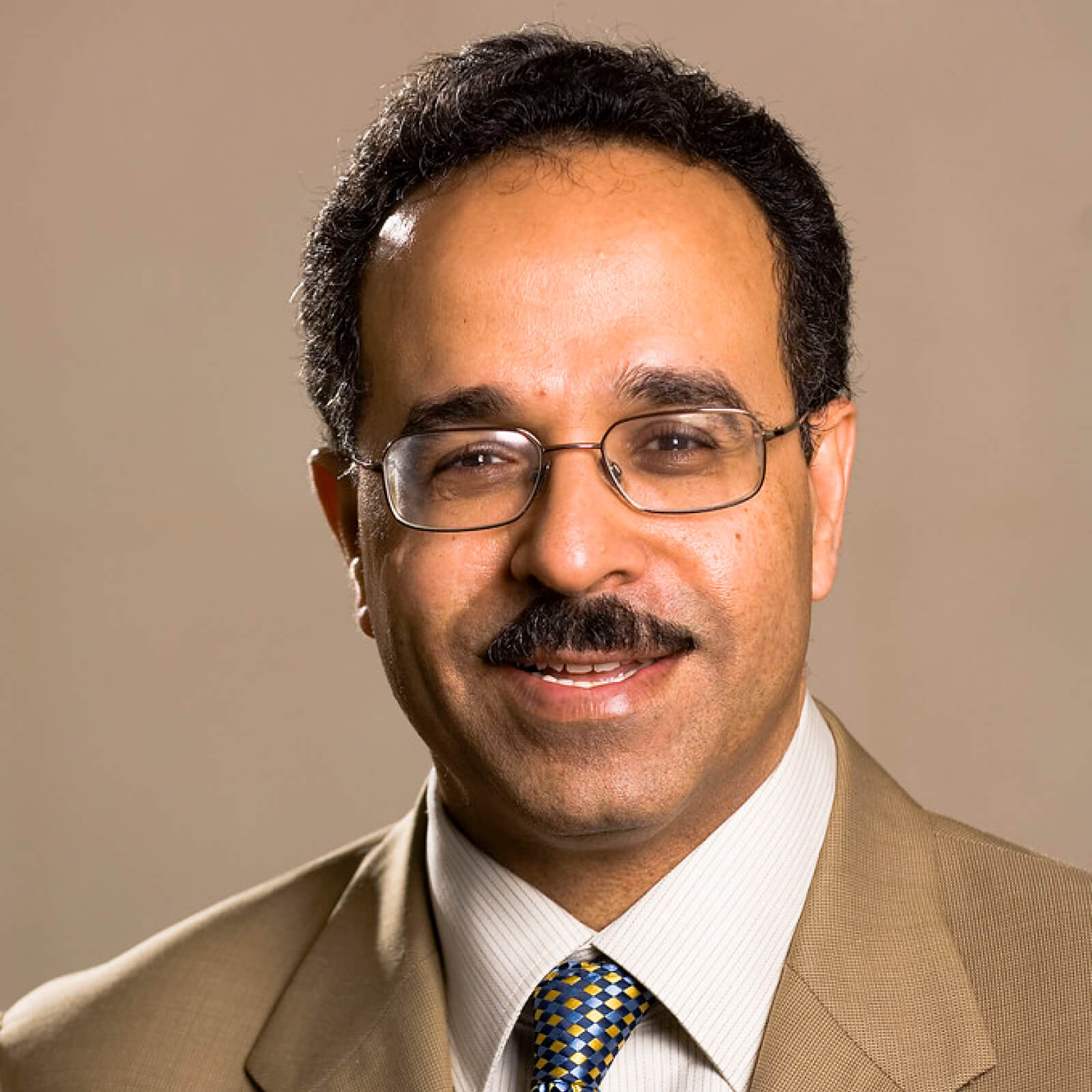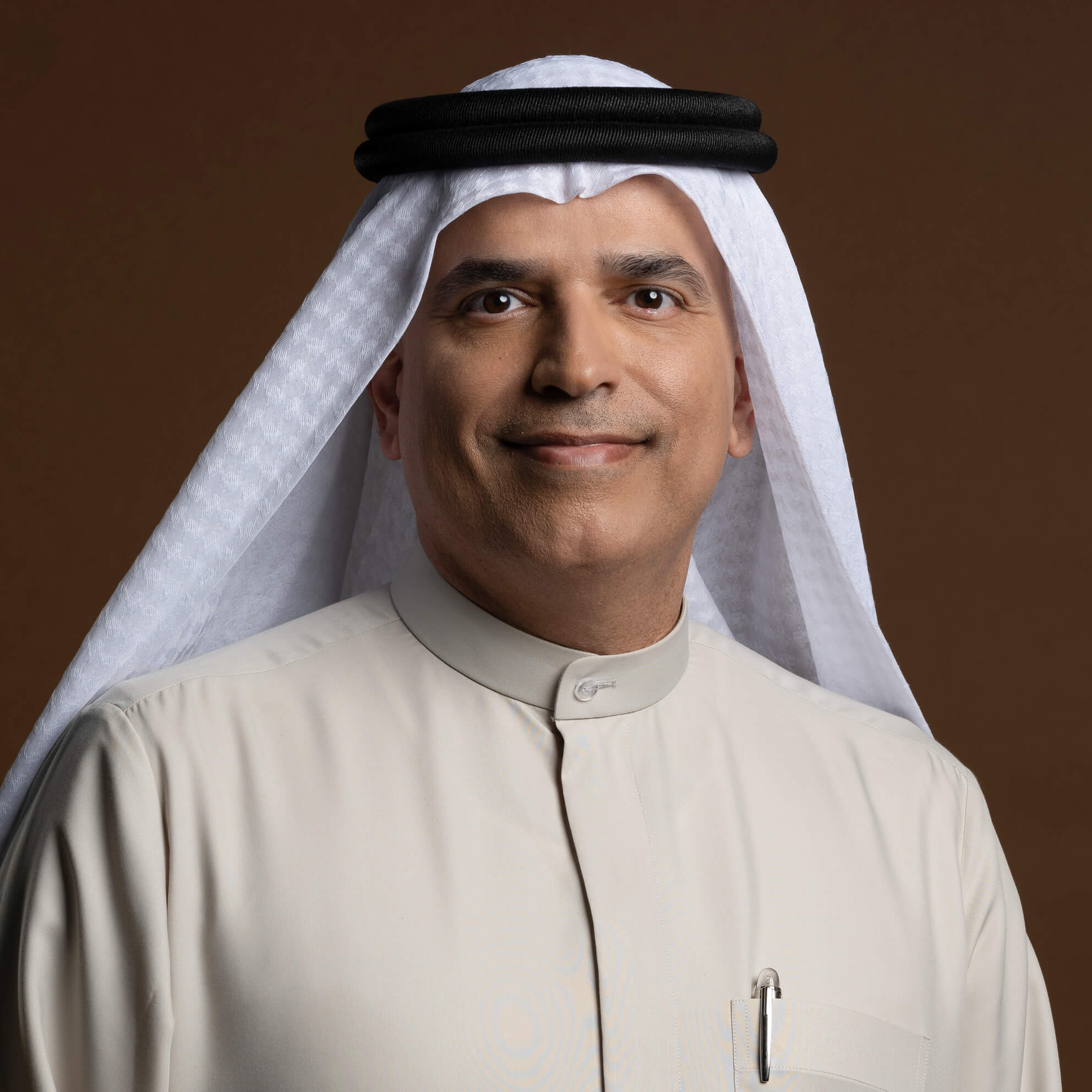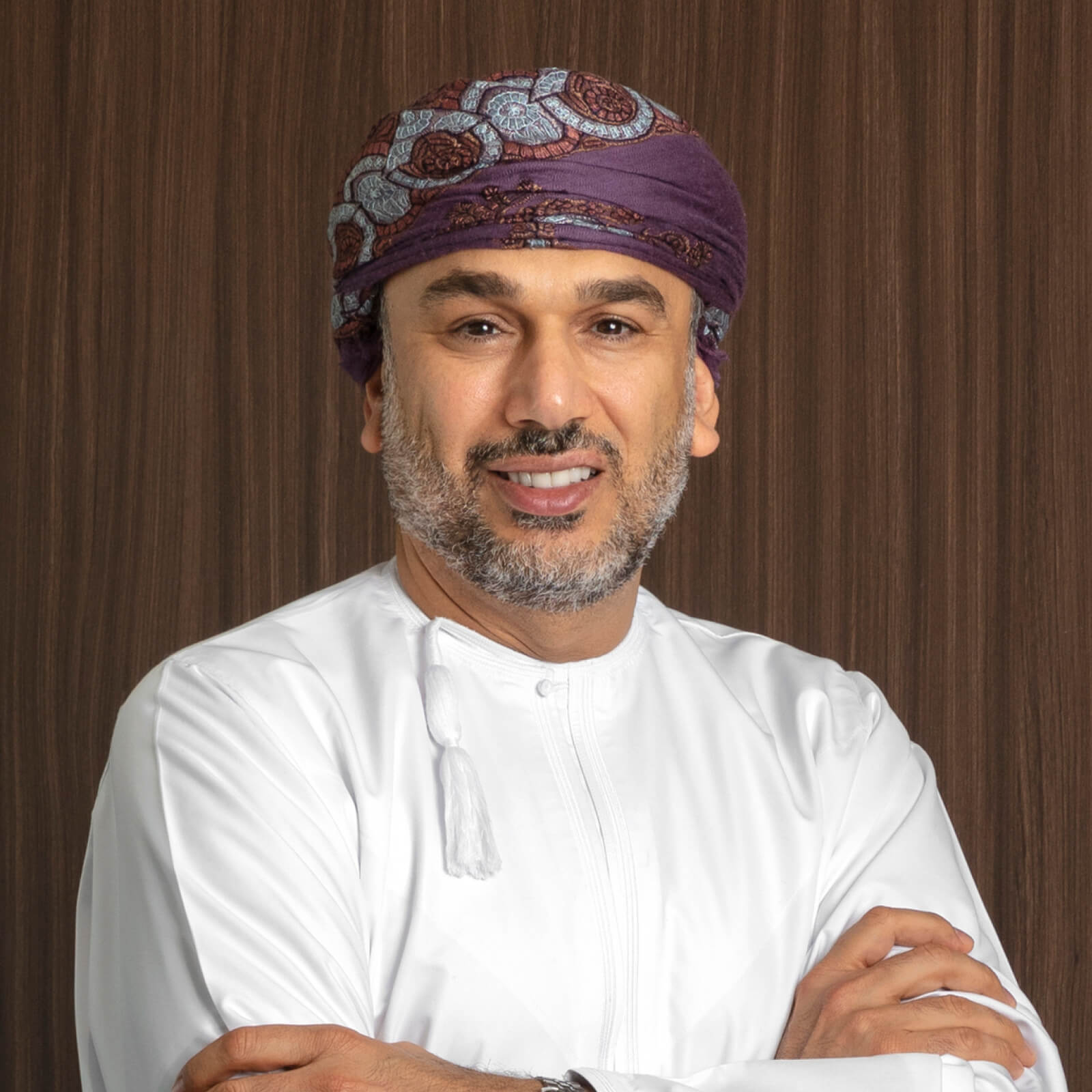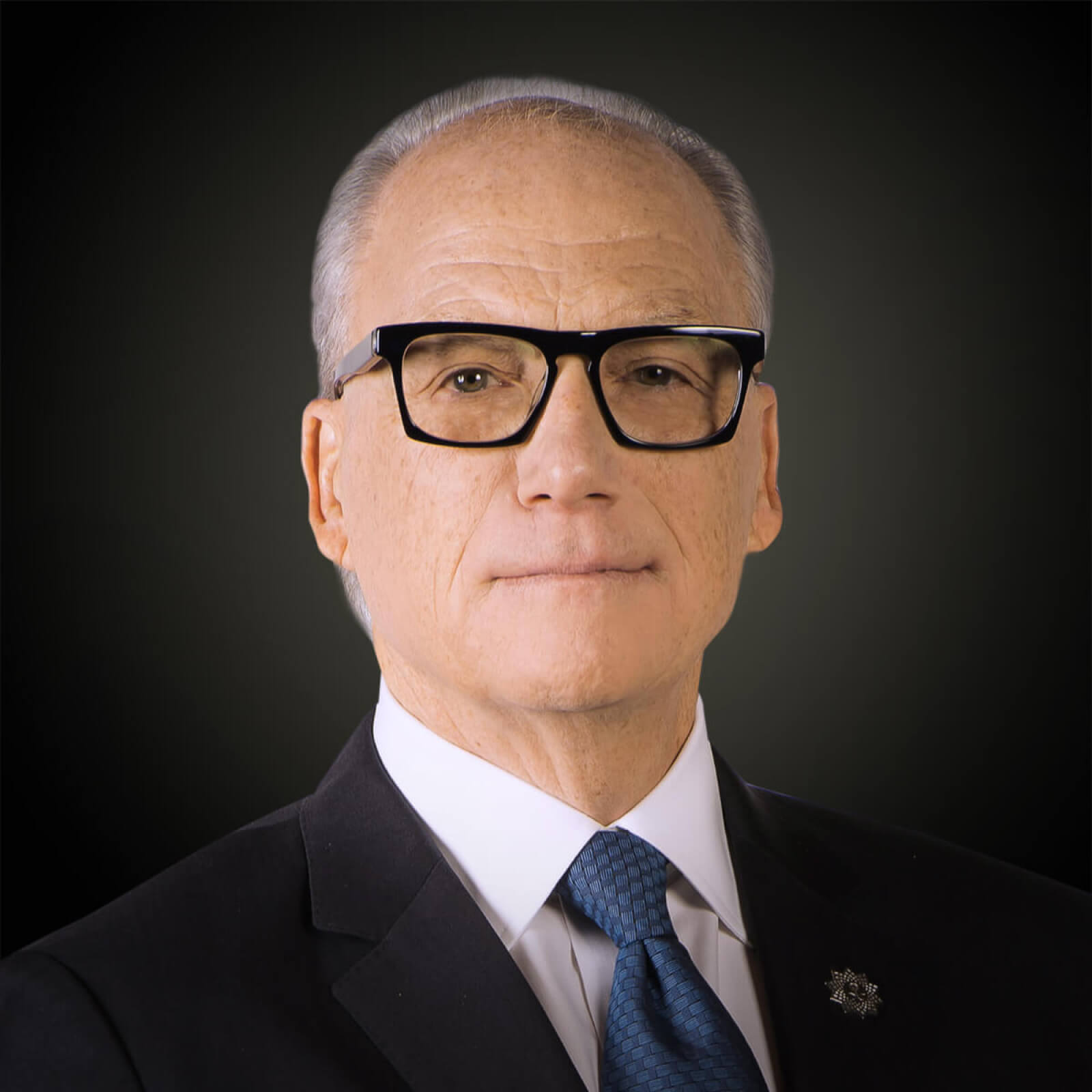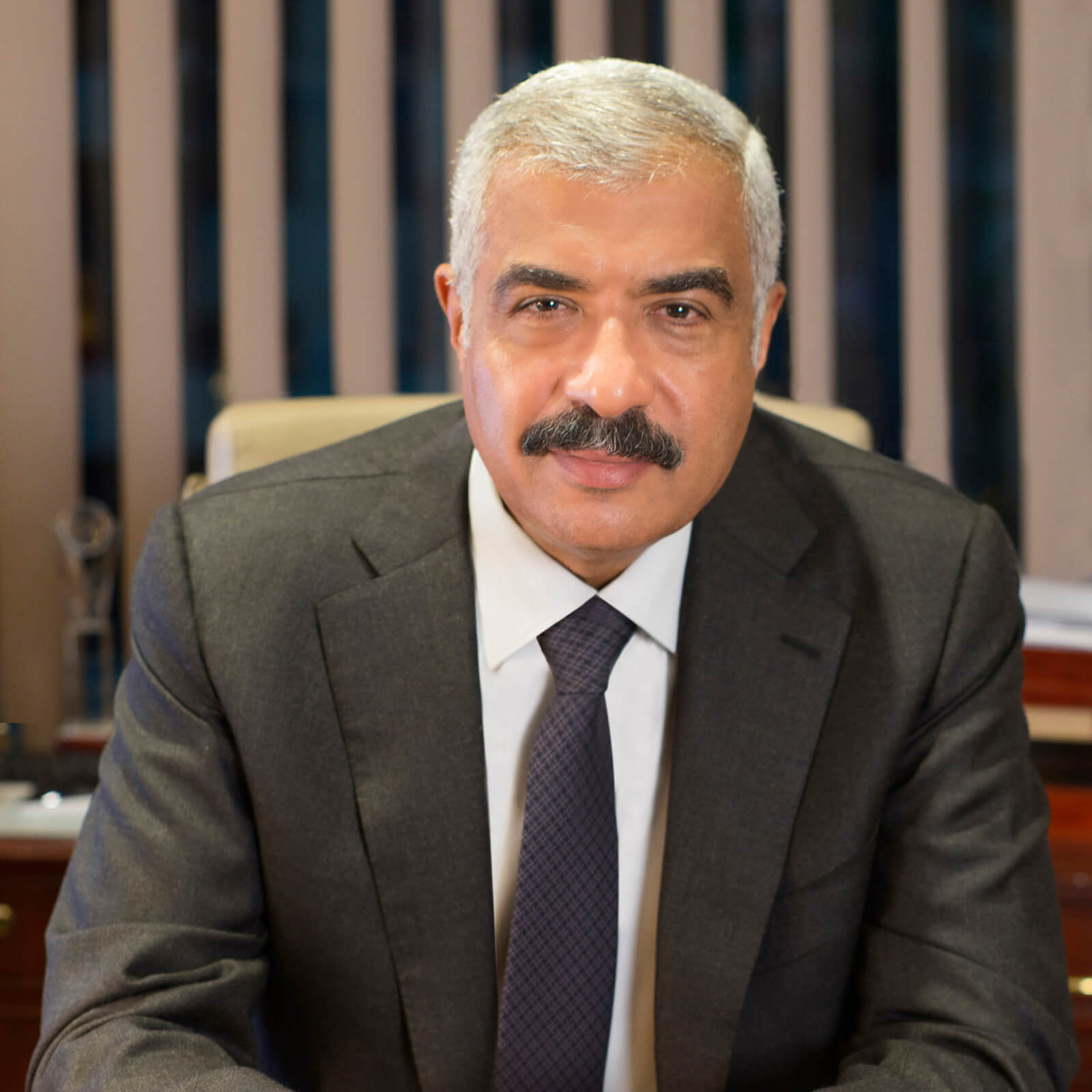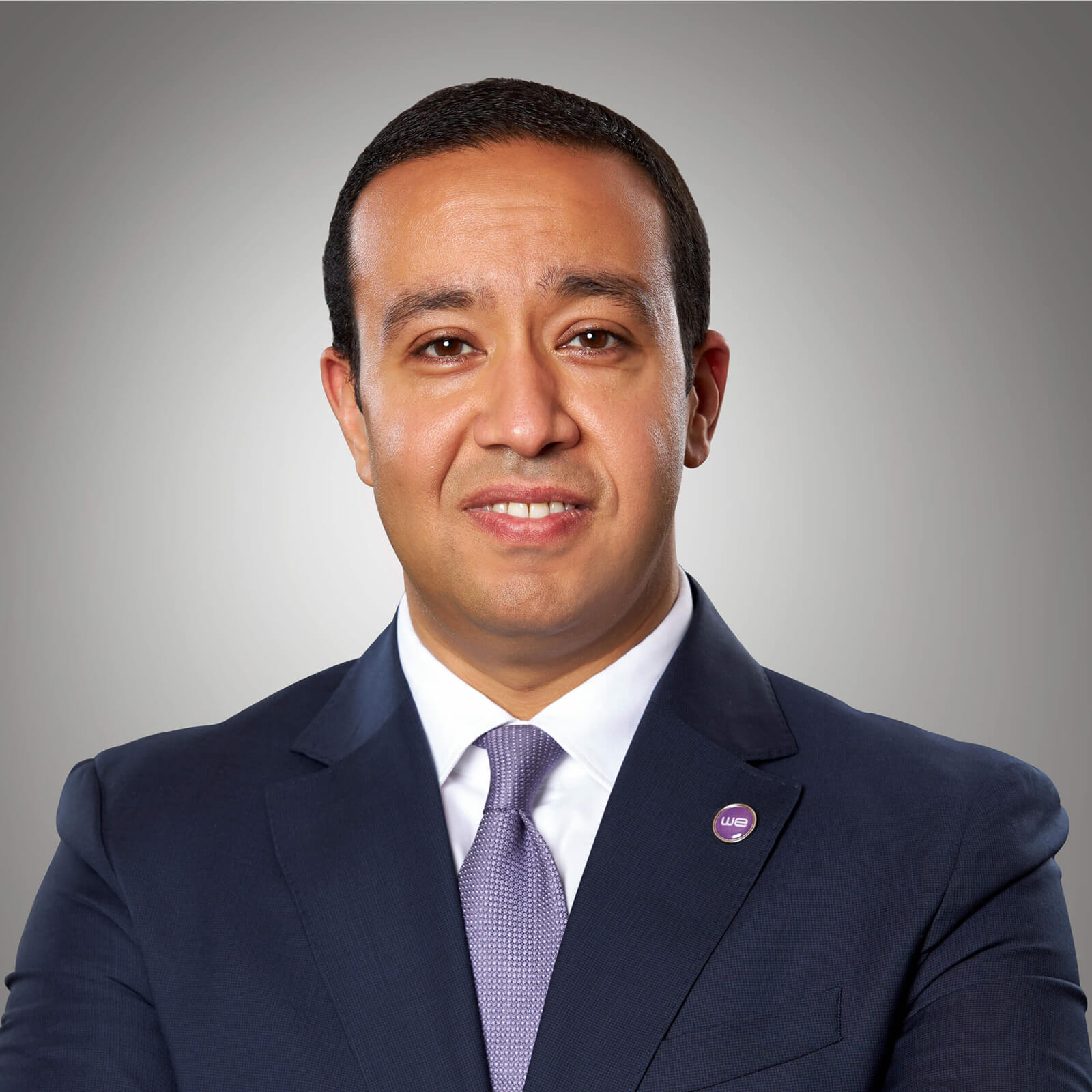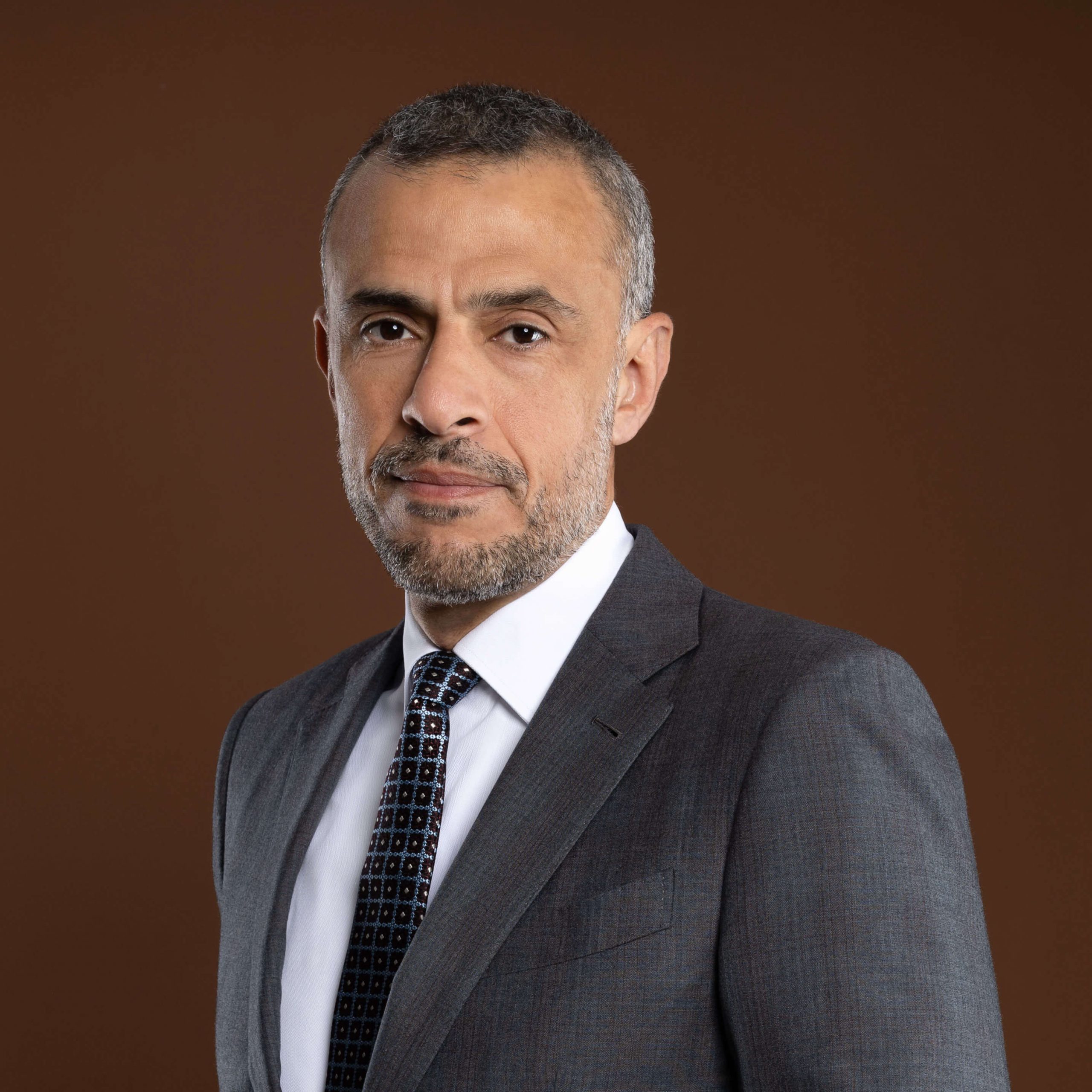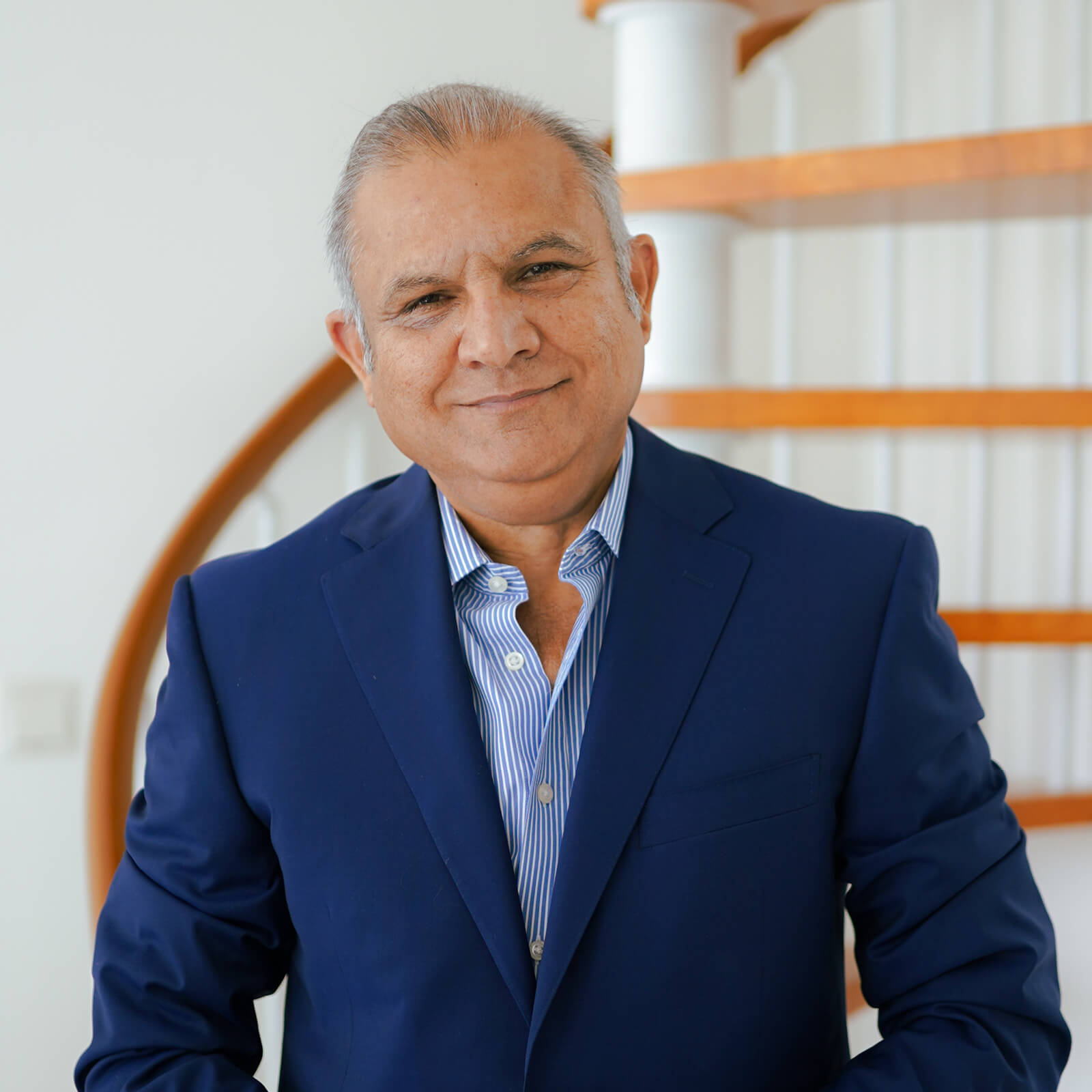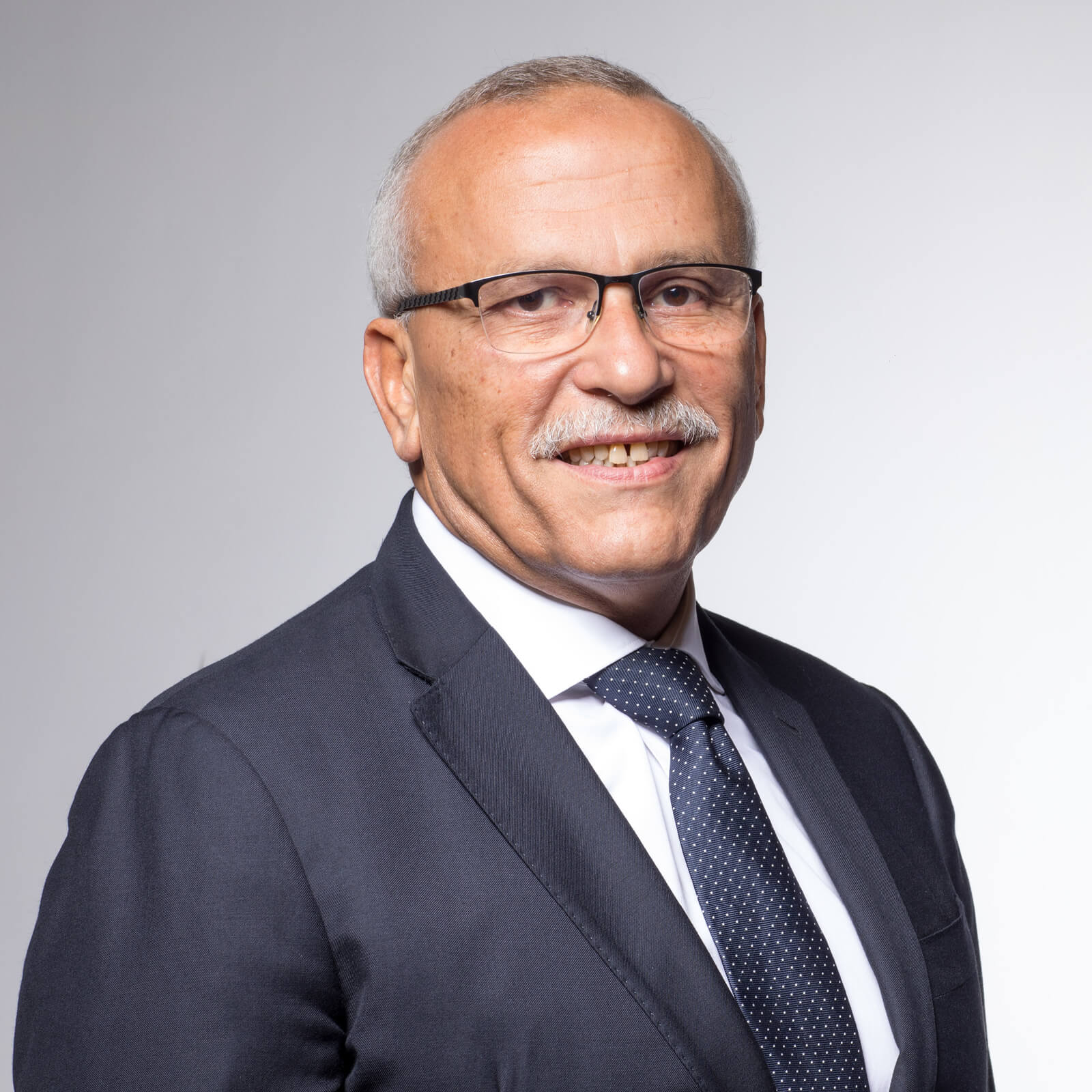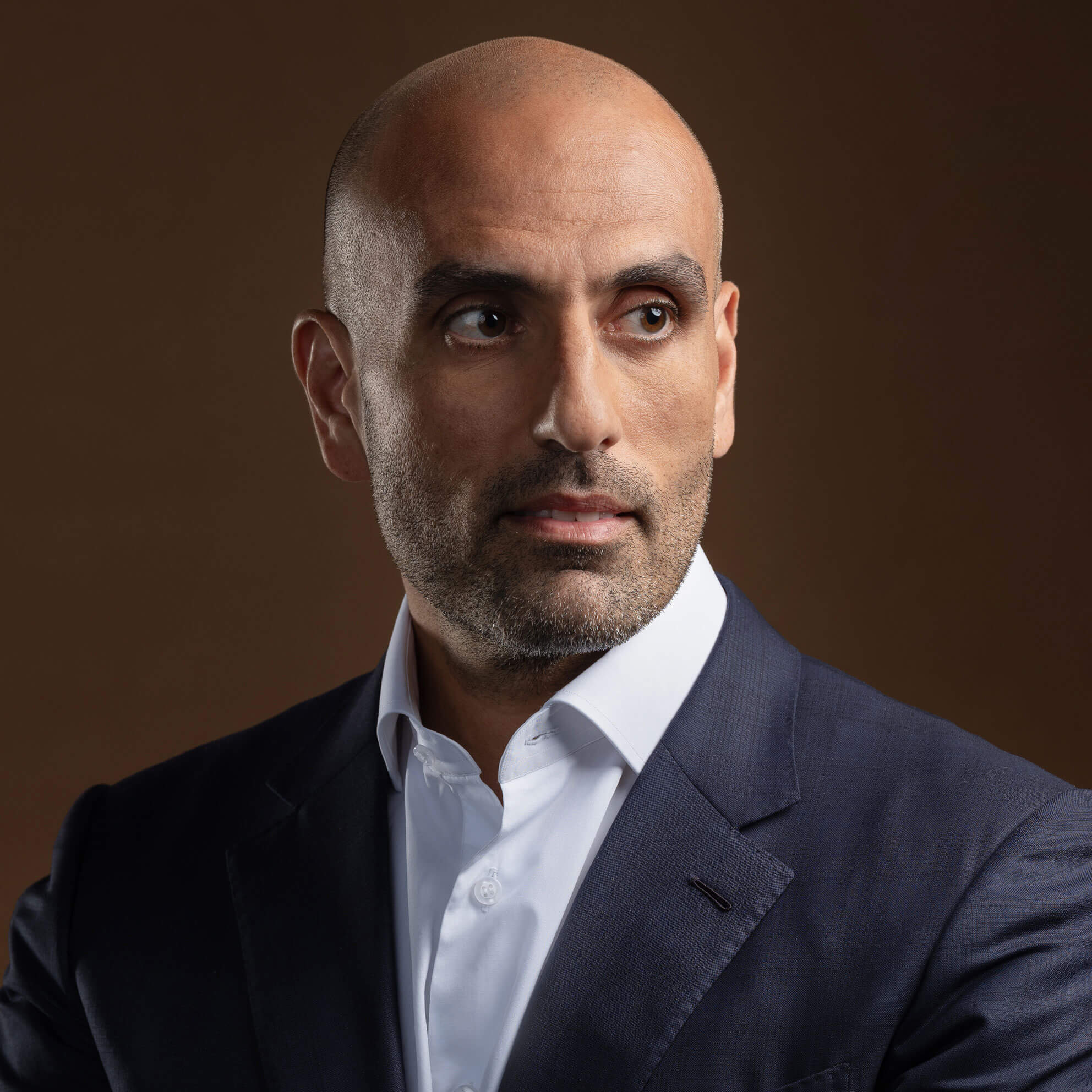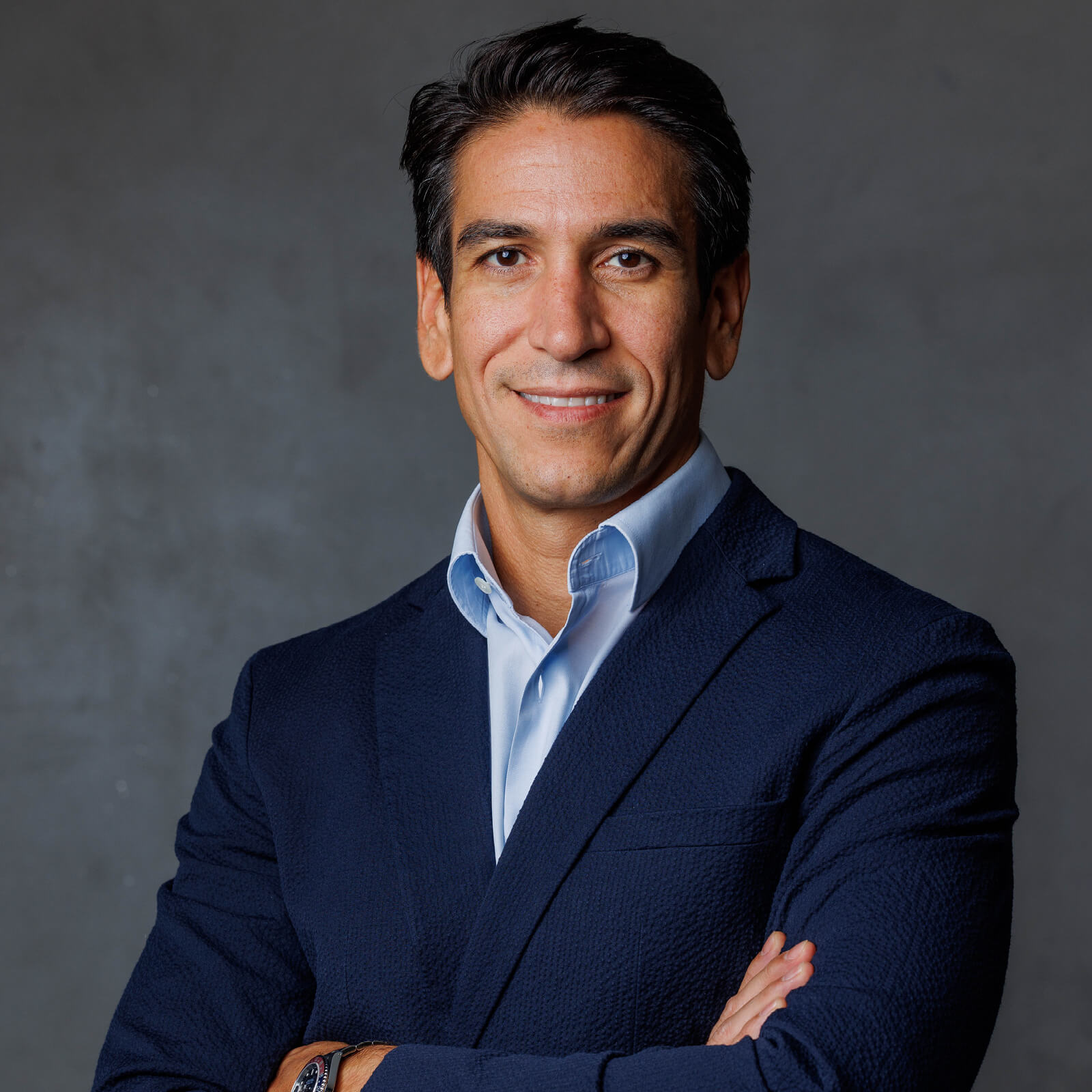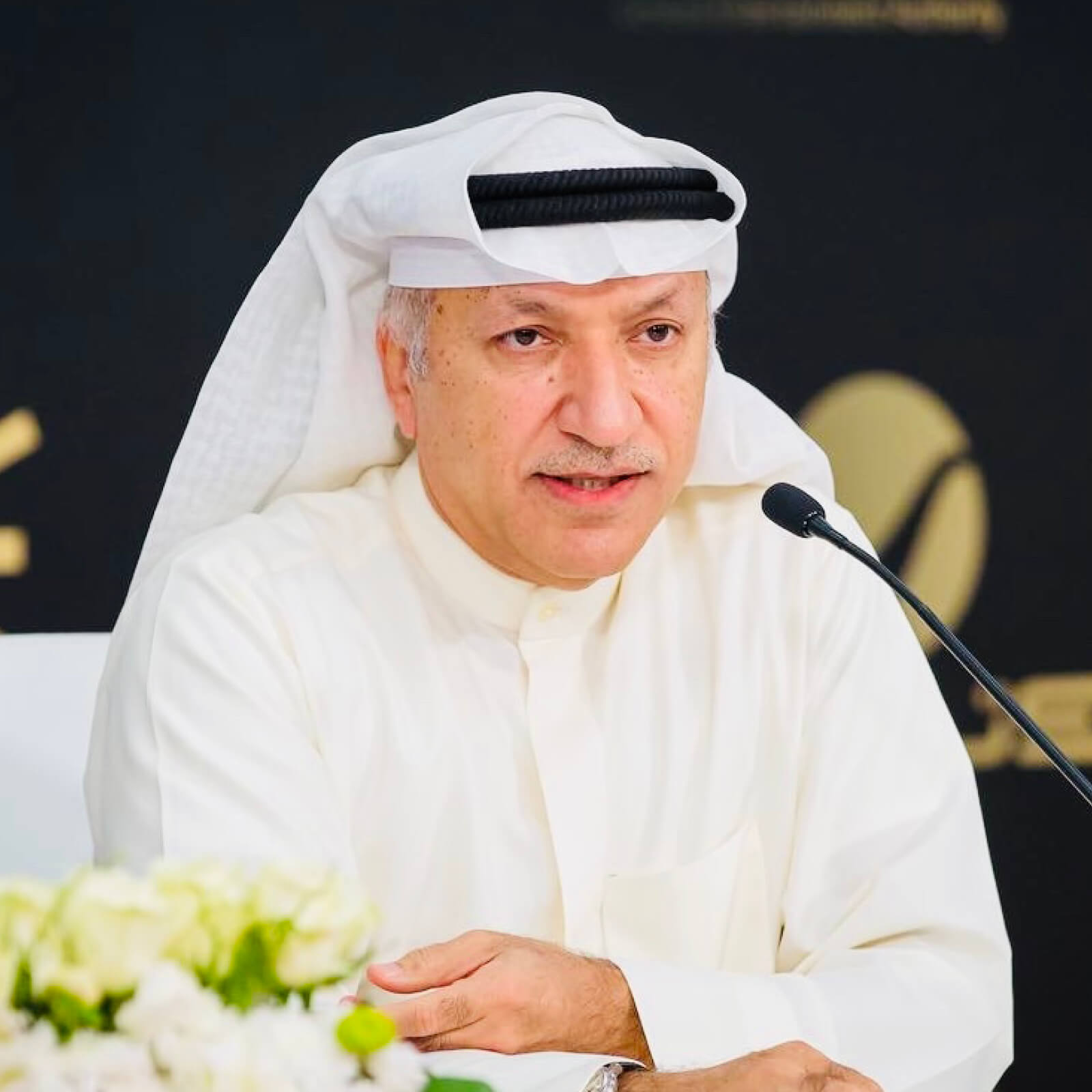THE MIDDLE EAST’S
Top CEOs 2023
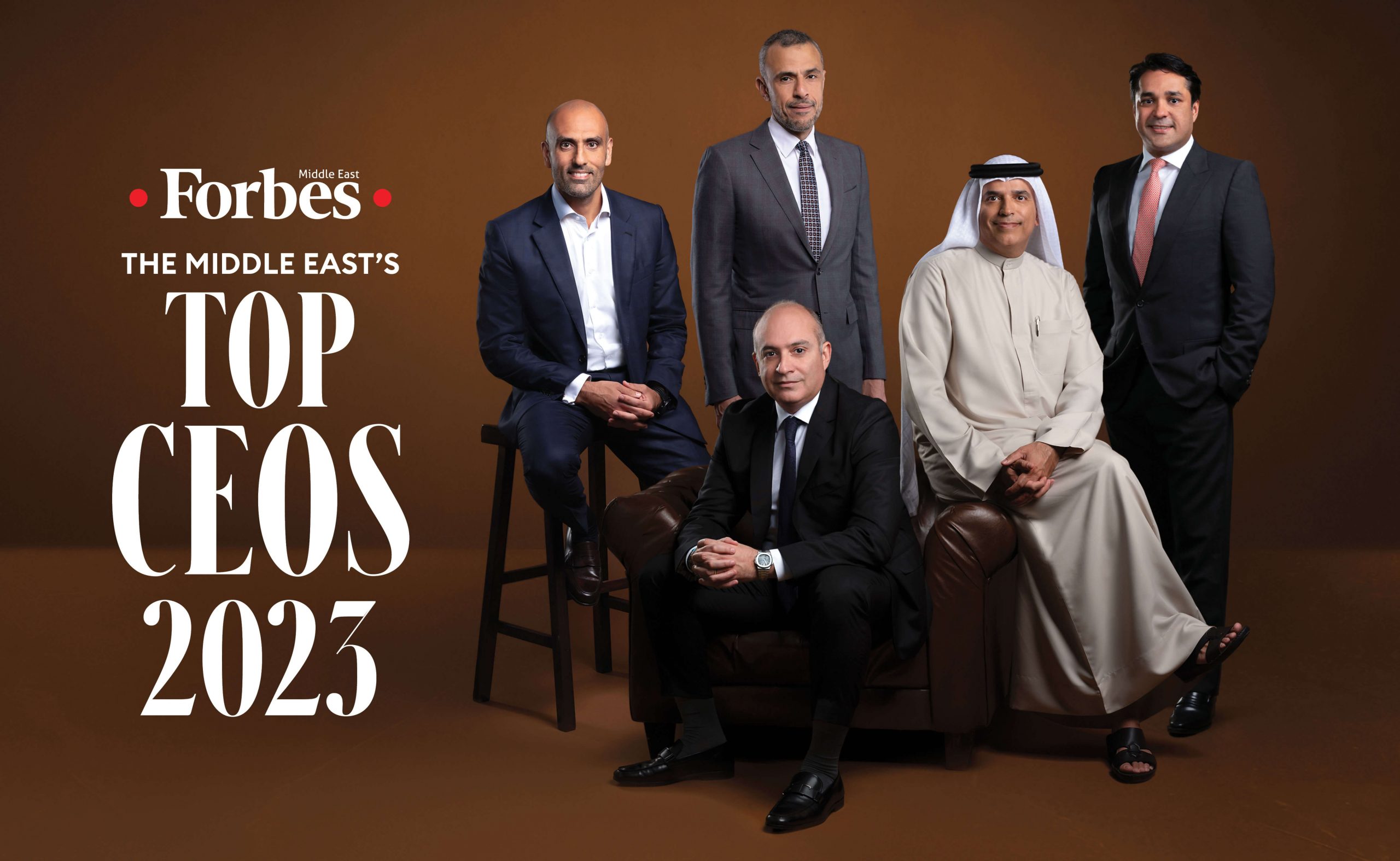

Many Middle East-based CEOs have more power and responsibilities than CEOs in other regions as they head companies that are monopolies or duopolies in the Arab world and market leaders globally. This phenomenon is partly due to GCC countries investing their sovereign wealth into large domestic businesses. The region’s biggest banks, telecoms, industrial, oil and gas, mining, and even hospitality companies are owned by the government. This makes the role of the CEO even more challenging. As well as managing a profitable business, the CEO also needs to focus on the vision of the government. Many of these leaders also head government bodies, and some are also ministers or cabinet ministers.
In 2023, the region’s top CEOs have focused on sustainability, consolidation, and growth. Saudi Arabia, in particular, invested across sectors. Accelerated corporatization boosted economies, and the consolidation of government companies saw larger corporations emerge. A number of large IPOs in the region also unlocked value for companies. Global events also contributed to burgeoning corporate profits, including the FIFA World Cup Qatar 2022 and COP28 in Dubai.
Our third annual list of the top 100 CEOs in the Middle East features leaders representing 22 nationalities. Emiratis dominate with 23 entries, followed by Egyptians with 19 and Saudis with 18. This is a positive sign for localization, with most large companies now headed by local executives. The banking sector has the most entries, with 17, followed by real estate and construction with 14 and telecommunications with nine.
Among the CEOs on this year’s list are the head of the world’s largest oil company, the head of the world’s largest LNG producer, the head of the world’s busiest international airport, and the head of the world’s largest international airline. Combined, the 100 CEOs managed revenues of over $1 trillion in 2022. The companies are collectively worth more than $5 trillion.
Top CEOS 2023
Methodology
To create this ranking, we sent out questionnaires and collected information from stock market disclosures, industry reports, annual reports, financial statements, and other primary sources. Only CEOs of companies headquartered in MENA were considered.
We ranked the CEOs based on:
· The impact that they have had on the region, their country, and the markets that they serve.
· The CEO’s overall experience and time in their current role.
· The size of the company in terms of revenues, assets, and market cap.
· The achievements and performance of the CEO in the last year.
· The innovations and initiatives that the CEO has implemented.
Methodology
To create this ranking, we sent out questionnaires and collected information from stock market disclosures, industry reports, annual reports, financial statements, and other primary sources. Only CEOs of companies headquartered in MENA were considered.
We ranked the CEOs based on:
· The impact that they have had on the region, their country, and the markets that they serve.
· The CEO’s overall experience and time in their current role.
· The size of the company in terms of revenues, assets, and market cap.
· The achievements and performance of the CEO in the last year.
· The innovations and initiatives that the CEO has implemented.











